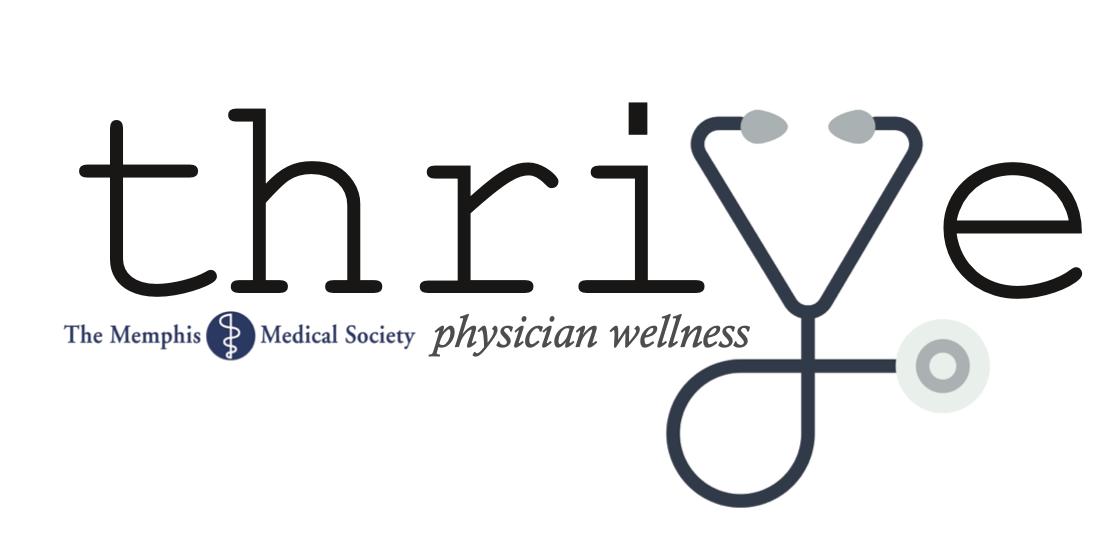
4 minute read
Hospital Updates
Q IHospitals
TAVR presents an alternative to open heart surgery at St. Francis Hospital
Advertisement
Heart care is constantly evolving, and patients and physicians are increasingly leaning toward non-invasive options, which present fewer side effects, a shorter recovery and less time in the hospital for patients—with an equal or greater final result to open procedures.
Trans Aortic Valve Replacement (TAVR) minimally invasive valve replacement, an alternative to open heart surgery, involves the surgeon going through the groin or carotid to replace the valve rather than an open procedure.
At Saint Francis Hospital-Memphis, the TAVR Program is reaching its 2nd anniversary and close to 100 procedures. The vast majority of our patients discharge to go home the day after their TAVR procedure. Many are now being transferred to the floor after bedrest rather than staying overnight in the ICU.
Due to the minimally invasive nature of the procedure, TAVR patients report getting back to normal activities quicker and an overall satisfaction with the procedure.
Methodist Le Bonheur Healthcare: Pioneering same-day discharge after transcatheter aortic valve replacement, other heart procedures
The COVID-19 pandemic spurred drastic changes to the practice of medicine, requiring healthcare systems to find innovative solutions to deliver care and reduce the risk of virus exposure. During this time, Dr. Mehul Patel from Methodist Le Bonheur Healthcare developed a protocol for sameday discharge after transcatheter valve replacement or repairs and Watchman procedures. Qualifying patients receive treatment for structural heart disease and are discharged within the same day.
Methodist leads the way as the pioneer of this protocol. “We were the first center in the world to do the broadest spectrum of all structural heart procedures and safely send qualifying patients home on the same day,” said Dr. Mehul Patel, director of Methodist’s structural heart disease program and hybrid lab.
The same-day protocol was widely acclaimed at The American College of Cardiology-Quality Summit, awarded “Best-Abstract” at the prestigious 2021 London Valves conference and “Top-Abstract” at 2022 Cardiovascular Research Technologies conference. Today, healthcare organizations around the globe leverage Methodist’s protocol to deliver timely patient care while making it possible for patients to spend the night in the comfort of their own homes.
Q I Hospitals
Wound Care Center and Hyperbaric Oxygen Therapy Program Earns Accreditation with Distinction at Regional One Health
Regional One Health’s Wound Care Center and Hyperbaric Oxygen Therapy Program has received accreditation with distinction from the Undersea and Hyperbaric Medical Society (UHMS). UHMS accreditation means the center has met or exceeded the highest standards of care and patient safety through rigorous evaluation of our operations, including equipment, staff and training to ensure that the utmost quality is maintained within the specialty of undersea and hyperbaric medicine.
“I am extremely proud of our team’s hard work and dedication,” said Tony Alleman, MD, director of the Wound Care Center. “Achieving this significant milestone reflects Regional One Health’s commitment to providing the highest standards of care and patient safety.”
The program has three board certified physicians who treat patients. There are less than 500 board certified wound care physicians across the country. Regional One Health’s Wound Care Center is the only facility in Tennessee where patients can receive treatment in a multi-place hyperbaric oxygen chamber.
Hyperbaric oxygen therapy involves the use of medical oxygen administered in a pressurized chamber at levels generally two to three times higher than atmospheric pressure. This pressure helps increase the oxygen levels in the blood, advancing its absorption into damaged tissues to promote healing of wounds, serious infections, and other illnesses. A well-maintained chamber and trained support staff are essential in the daily operation of this important treatment.
Baptist Cancer Center Offers Robotic Bronchoscopy
Baptist Cancer Center is the first in Memphis to use cone beam computed tomography-guided robotic bronchoscopy, a scarless procedure used to help diagnose lung cancer earlier. It can mean lower mortality and an increased chance at curative surgery for patients.
The robotic bronchoscopy allows earlier and more accurate diagnosis of small and hard-to-reach nodules in the periphery of the lung. Combining traditional endoscopic views into the lung with computer-assisted navigation based on 3D models of the patient’s own lung anatomy, the new technology provides physicians with continuous bronchoscope vision throughout the entire procedure.
“Robotic bronchoscopy is a tool that can help us save patients’ lives,” said Dr. Anurag Mehrotra, interventional pulmonologist with Baptist Cancer Center. “Our goal is to lower lung cancer death by early diagnosis, and this tool can help us do that. We will not leave any stone unturned.”
Baptist is also the first in the city to develop a full-fledged interventional pulmonary service to support a multidisciplinary thoracic oncology program. The development of this program and acquisition of this new technology supports Baptist Cancer Center’s multifaceted initiative called the Mid-South Miracle, aimed at reducing lung cancer deaths in the Mid-South by 25% by 2030.






